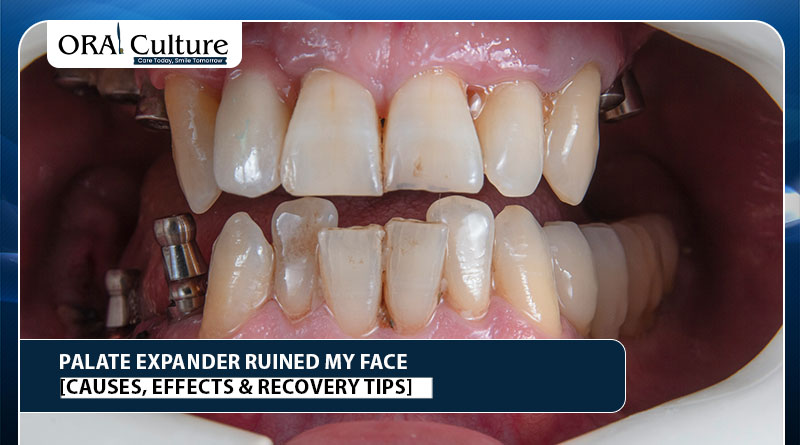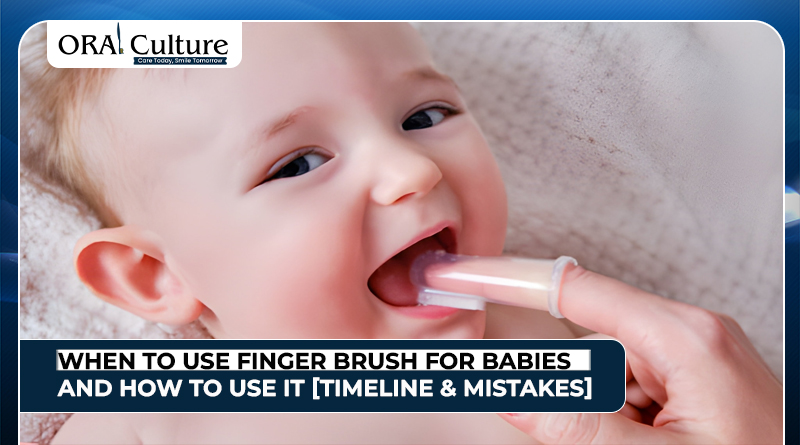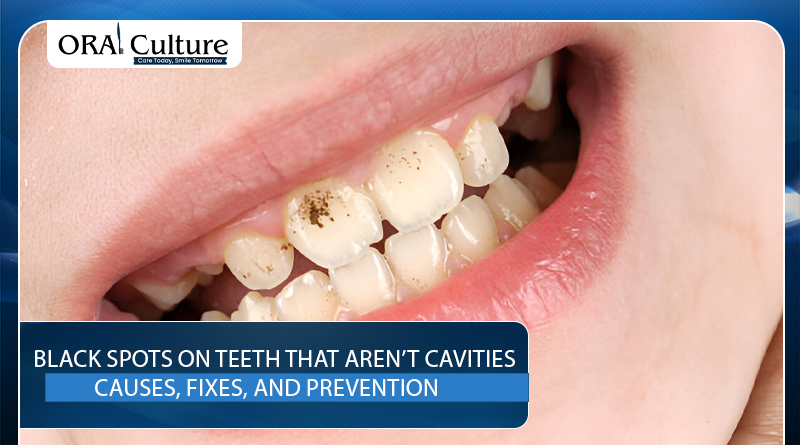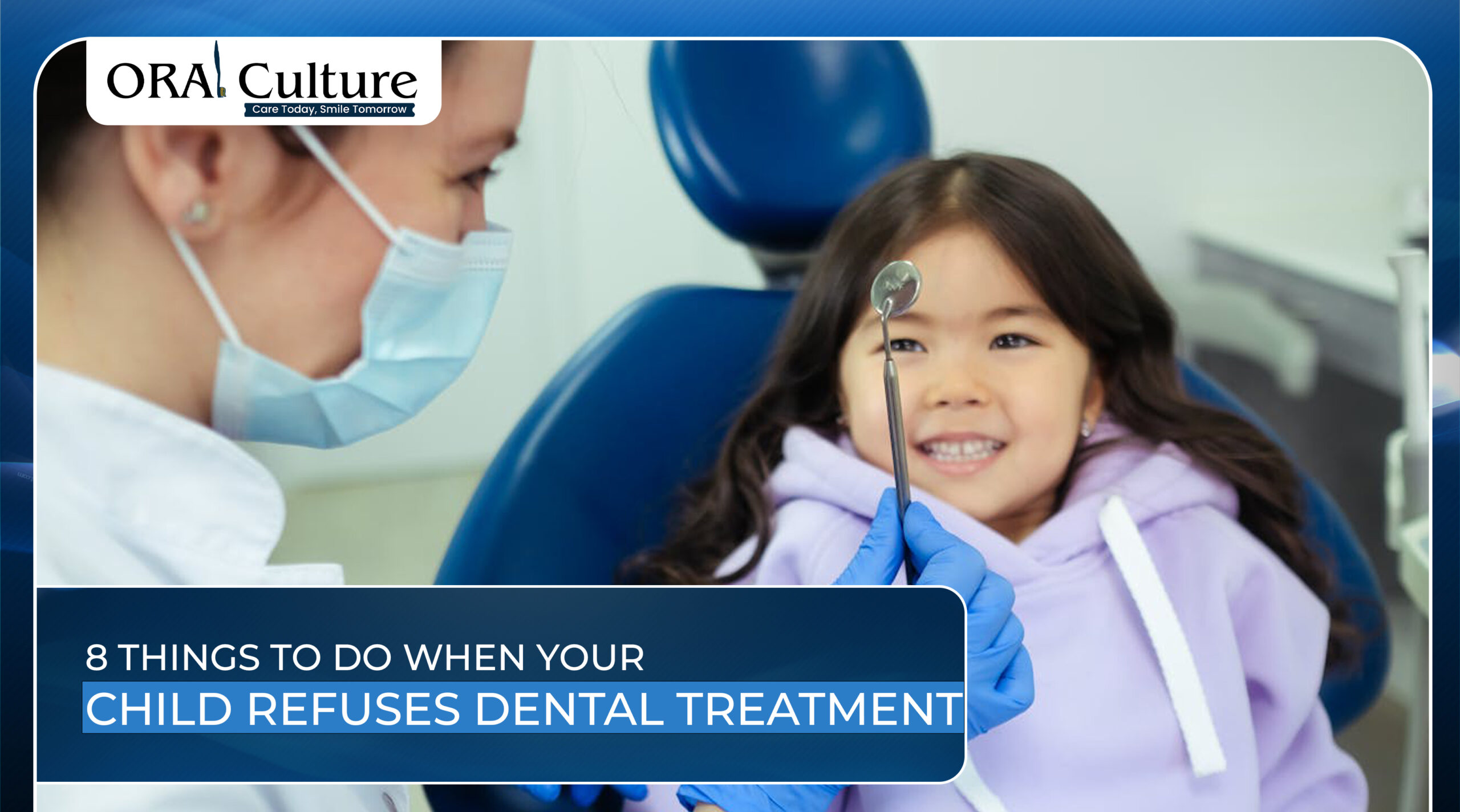If your child refuses dental treatment, it’s usually because they’re scared, simple as that. Fear often fuels the fight, whether it’s the bright lights, the whirring sounds, or just the idea of someone peeking inside their mouth.
A trip to the dentist is no one’s idea of a party, especially for kids. But what if we told you you could turn those tears and tantrums into trust and teamwork?
Yup. With a few smart tricks, you can make dental visits smoother (and even fun!). Whether your little one cries, hides, or simply says, “No way!” when the word dentist comes up, these eight must-try tips are for you.
Why Do Children Fear the Dentist?
Kids don’t usually dislike the dentist out of nowhere. Their fear often stems from past experiences, stories they’ve heard, or even just the unfamiliar sounds and smells in a dental office. It’s the fear of pain specific to some kids. For others, it’s a loss of control or uncertainty about what will happen next.
Almost 20% of school-aged children have dental anxiety to some degree. It can begin as early as toddlerhood and continue into the teenage years if not addressed.
What Is Dental Anxiety and Dental Phobia?
Dental anxiety is when a child feels nervous or uneasy before or during a dental visit.
Dental phobia is more intense; it’s a strong fear that may cause the child to avoid the dentist altogether, even when in pain.
Both conditions can affect oral health, especially if children skip routine checkups or treatments due to fear.
What to Do When Your Child Refuses Dental Treatment?
Let’s go step-by-step on how to deal with this challenging situation healthily and effectively.
1. Have a Calm Conversation with Your Child
Have a candid discussion prior to the dental appointment. Explain what will happen and the significance of dental care in clear language. Avoid saying “it won’t hurt” or “you must be brave.” These can make kids more anxious. Instead, say, “The dentist will count your teeth and help keep them strong.”
A parent might say, “The dentist will use a tiny mirror to check how your teeth are growing”.
2. Choose a Pediatric Dentist
Not all dentists are trained to handle children with dental anxiety. A pediatric dentist specializes in treating kids. Their clinics are often designed to feel fun and welcoming, and they’re trained to communicate with young patients gently and age-appropriately.
3. Create a Comfort Plan
Some children do better when they bring comfort, like a favorite toy or blanket. Others feel more at ease when holding a parent’s hand or wearing headphones to block out scary sounds.
Ask your child what helps them feel calm in other situations, and try to bring that into the dental setting.
4. Use Role Play at Home
Pretend dental visits can work wonders. Use a toothbrush, a mirror, and a chair to act like the dentist. Allow your child to play the roles of both patient and dentist. This playful approach helps them know what to expect and makes the real visit less intimidating.
5. Consider Sedation Dentistry (If Needed)
If the child’s fear is severe and dental treatment is urgent, sedation might be an option.
There are safe medications for dental anxiety, such as:
- Often referred to as laughing gas, nitrous oxide helps kids unwind without sending them to sleep.
- Oral sedatives are medicines taken before the appointment to ease anxiety.
- General anesthesia is used in rare cases where full sedation is necessary, especially for complex procedures or extreme phobias.
Only a licensed pediatric dentist or specialist should recommend and administer these medications after a full evaluation.
6. Be a Role Model
If you have dental anxiety yourself, try not to pass it on. Avoid sharing negative experiences or showing nervousness in front of your child. Kids are incredibly observant. If they see that you treat dental visits as routine and easy, they’re more likely to do the same.
7. Reward Cooperation, Not Perfection
Don’t expect your child to be fearless right away. Celebrate small wins, like sitting in the dental chair or opening their mouth for an exam. Make use of positive reinforcement, such as stickers or verbal compliments. Avoid using bribes, which can create more pressure.
8. Stay Consistent with Dental Visits
The child will be less afraid and more comfortable with the dentist. Skipping visits can worsen the fear, while regular checkups build trust and comfort over time.
Children who begin visiting the dentist by age one and continue with regular 6-month checkups tend to have less dental anxiety.
Final Thoughts
Dental visits are a part of growing up, but fear gets in the way for some children. Parents, guardians, and educators must understand these warning signals and support kids in feeling safe rather than afraid.
Whether your child has mild dental anxiety or a strong fear, Oral Culture proposes real, effective ways to make things easier. Your child can overcome fear and build lifelong healthy habits with support, understanding, and the right dental team.
People Also Ask
What medication is used for dental anxiety in children?
Common choices include light oral sedatives, nitrous oxide (laughing gas), and, in rare instances, general anesthesia. The dentist will consider the child’s age, health, and anxiety level.
How can children with dental anxiety be treated?
Treatment involves a combination of behavior strategies, child-friendly communication, a calm environment, and, if needed, mild sedation. Pediatric dentists use “tell-show-do” methods to build trust.
What to do if your child is scared of the dentist?
Talk openly, role-play at home, choose a pediatric dentist, and introduce calming techniques. Start with short visits and gradually increase comfort levels.
What is a phobia of dental treatment called?
It’s called odontophobia. A strong fear may lead a person to avoid dental care entirely. It often requires professional support from a dentist trained in handling dental phobia.






